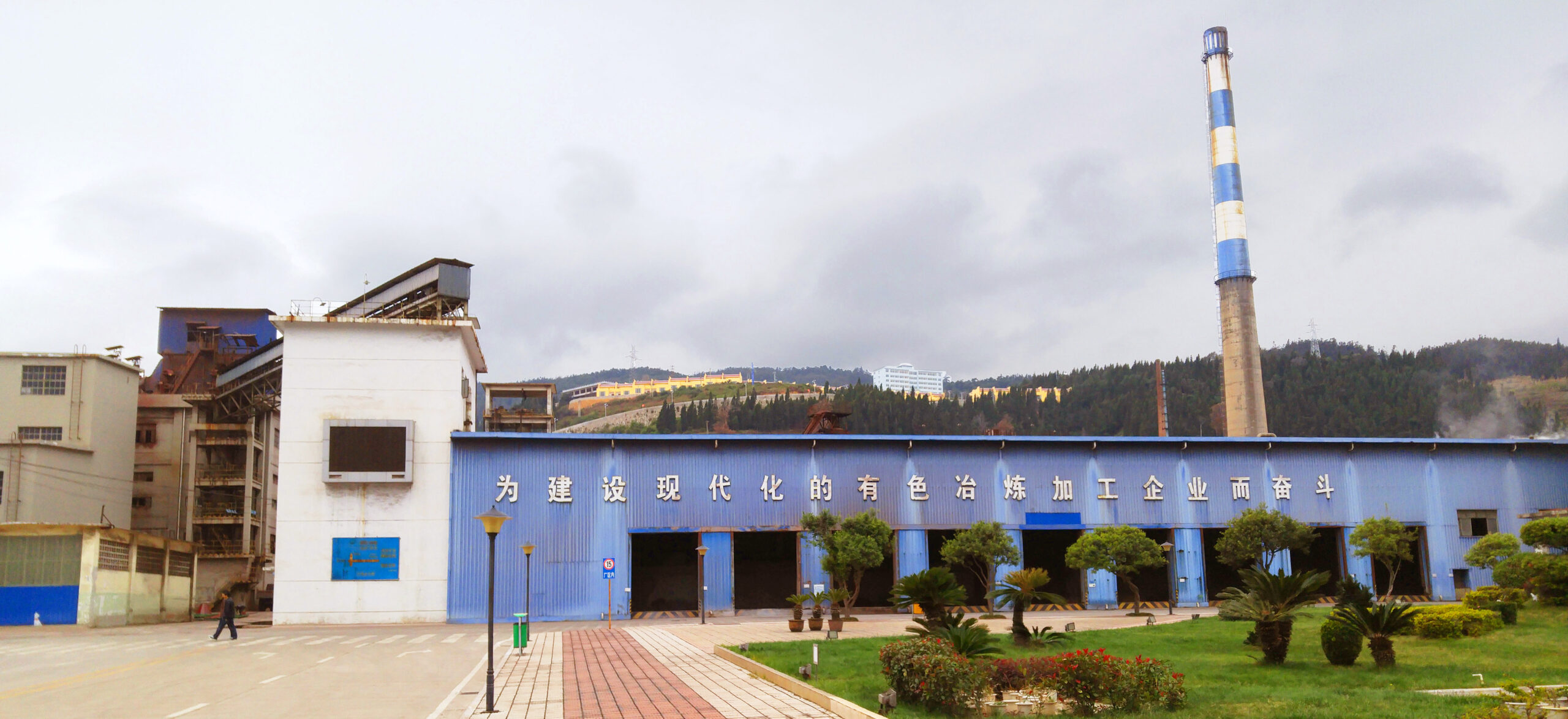Smelters in China will reduce their output over the next month due to a combination of scheduled maintenance and lower tin prices.
Smelters are continuous operations, constantly purchasing tin concentrate and selling refined tin. In much of the world, producers hedge their tin concentrate purchases and refined tin sales, locking in profits. In China, however, this is challenging due to the limited prompt dates and liquid contracts on the Shanghai Futures Exchange (SHFE).
Since mid-April, SHFE tin prices have fallen from over 340,000 yuan/tonne to less than 250,000 yuan/tonne. For Chinese smelters, this means that concentrate purchased just one month ago is worth notably less. Many are already having to absorb significant losses when selling metal. With further pressure from the macroeconomic environment, there is concern that the domestic price will fall further.
To reduce their risk, some smelters have opted to reduce their output or to complete their annual maintenance. Yunnan Tin, Yunnan Chengfeng, Jiangxi New Nanshan, Gejiu Kaimeng, Yunnan Yunfan, Chifeng Dajingzi, Maanshan Weitai and Guangdong Hanhe are among the companies performing their annual maintenance. Yunnan Tin – the world’s largest tin producer – will close for 45-50 days beginning 16 June.
Our view: Based on information from around 17 smelters surveyed, ITA estimates that the utilization rate of Chinese smelters will fall significantly from mid- to late-June. Lost production caused by maintenance to the above smelters is estimated to exceed 12,000 tonnes until the beginning of August. Output should begin to recover significantly in late July as Yunnan Tin restarts its furnaces.
Much of the tin concentrate imported from Myanmar so far this year has been supplied from the Wa government’s stockpile. However, the stockpile is now less than a quarter of its original size. This low level, combined with lower prices, will likely see this source temporarily dry up in the near future. Difficulties mining in Myanmar may also challenge smelters’ purchasing departments post-restart.



